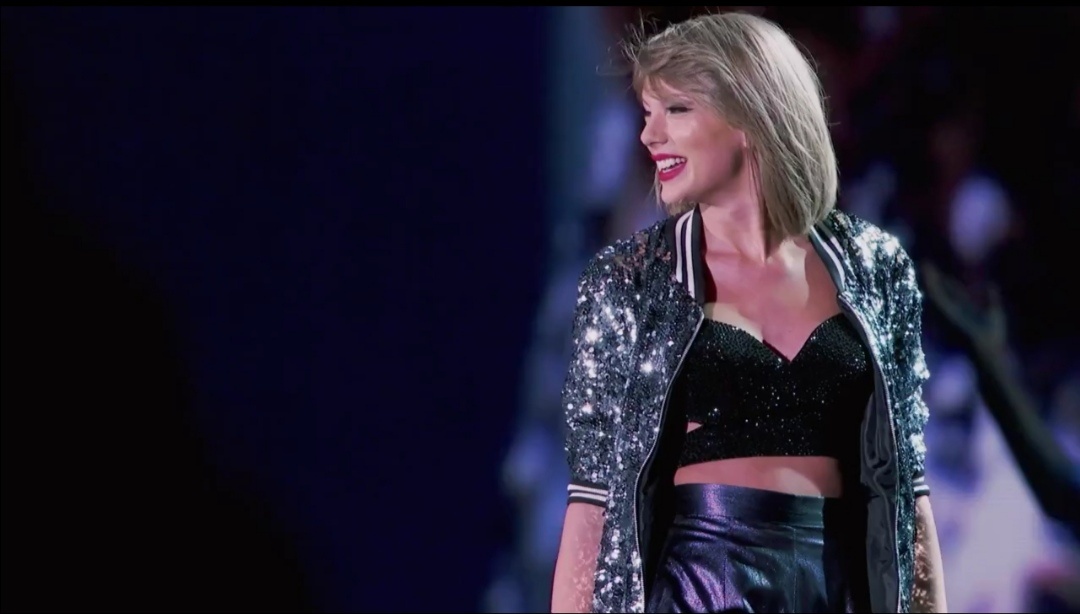To call Taylor Swift a megastar is a severe understatement. The 30-year-old has broken records with her singing and songwriting success, a position that most of her fans wish they could be in. However, stardom isn’t all it seems when it comes to Swift. In Miss Americana, director Lana Wilson gives us a rare glimpse into what life is really like when your every move is scrutinised, by the press, by your peers, and even by your fans.
The documentary follows Swift’s development from a traditional Southern country singer to an outspoken, proud ally and woman. It’s clear that to her, the two didn’t seem to fit together- it had to be one or the other, and unfortunately for her fans, the former won out. Until 2018. Then, realising she wasn’t making her views obvious enough to fans who needed that support, she finally endorsed Democrat candidates in midterms across the US, and released her extremely ally single ‘You Need to Calm Down’. It’s clear that she feels the need to defend herself, the country princess, America’s Sweetheart girl who seemed to grow up in the limelight.
Miss Americana starts by tracking her beginning as a singer-songwriter at the tender age of 13, then moves on to the moment she arguably became a full-blown celebrity: being interrupted by Kanye West at the 2009 VMAs. This is a clear moment of victimisation for Swift; a montage plays of famous celebrities such as Dr Phil and even President at the time Barack Obama condemning West’s actions. She and Wilson use this as a crucial place to point out the success of her following albums, particularly 2014’s 1989. The documentary is full of snippets that manage to tell the story Swift wants us to hear; America’s Sweetheart rebuilding herself both internally and in the public eye. She always comes off well, even when discussing her flaws, and while the dinners with childhood friends and the personal conversations with her mother seem intimate on the surface, it feels like a well-constructed façade.
This doesn’t help the fact that a lot of Miss Americana focuses on Swift being put down. Time and time again we see the moments that she thinks will be her downfall, but frankly, there’s a failure to focus enough on how she comes back from those setbacks. Considering that one main criticism of Swift is that she plays the victim, she only seems to fuel that fire rather than put it out.
The most interesting part is when, halfway through, we make it to the development of Swift’s political and feminist activism. Discussing her sexual assault lawsuit for one of the first times in such detail, fighting about speaking out against the Republican rhetoric with her own family, this is a Swift who clearly has a passion for women and LGBTQIA+ issues. There’s still a sense that it’s glossed over though, with the documentary named after ‘Miss Americana & the Heartbreak Prince’, a political allegory set in a high school, you expect more on one of the defining moments of Swift’s life.
The gist of Miss Americana is that there isn’t enough time to discuss everything that we want to hear about Taylor Swift’s wild life. Condensing it into an 85-minute documentary makes it seem rushed, and inauthentic, especially from someone who has recently been so private. The viewer always wants that extra piece of information, more insight into the small area of her life that Swift lets us into. But after seeing the documentary, full of every moment she fell to self-victimisation, who can blame the pop megastar for being so candid?
Image Credit: IMDb

